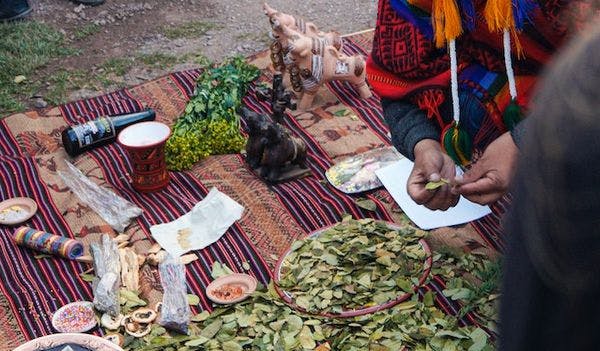Guillermo Sifuentes from Pexels
Chroniques de la coca : Suivi de l'examen des Nations unies sur la coca - Numéro 1 : La Bolivie conteste l'interdiction de la feuille de coca par les Nations unies
TNI retrace l'histoire et l'état actuel des efforts de la Bolivie pour mettre fin aux persécutions liées à la feuille de coca, comme le prévoient les traités internationaux en matière de contrôle des drogues. Pour en savoir plus, en anglais, veuillez lire les informations ci-dessous.
Nearly 75 years after the United Nations called for the abolition of traditional uses of the coca leaf, the world will have a new opportunity to correct this grave historic error. The World Health Organization (WHO), at Bolivia’s initiative, will conduct a ‘critical review’ of the coca leaf over the next year. Based on its findings, the WHO may recommend changes in coca’s classification under the UN drug control treaties. The WHO recommendations would be submitted for approval by the UN Commission on Narcotic Drugs (CND), with voting likely in 2025.
Changing coca’s status in the drug treaties can vindicate the rights of Indigenous peoples and open legal international markets for natural coca products, fortifying Andean economies while bringing coca’s benefits to increasing numbers of people around the world. The coca review process can also help modernize a drug treaty system still mired in the colonialist biases and racial prejudices from which it arose in the mid-twentieth century. The Washington Office on Latin America (WOLA)and the Transnational Institute (TNI) will be monitoring the coca review process closely and examining key aspects of the debate.
Click here to read the full article.
